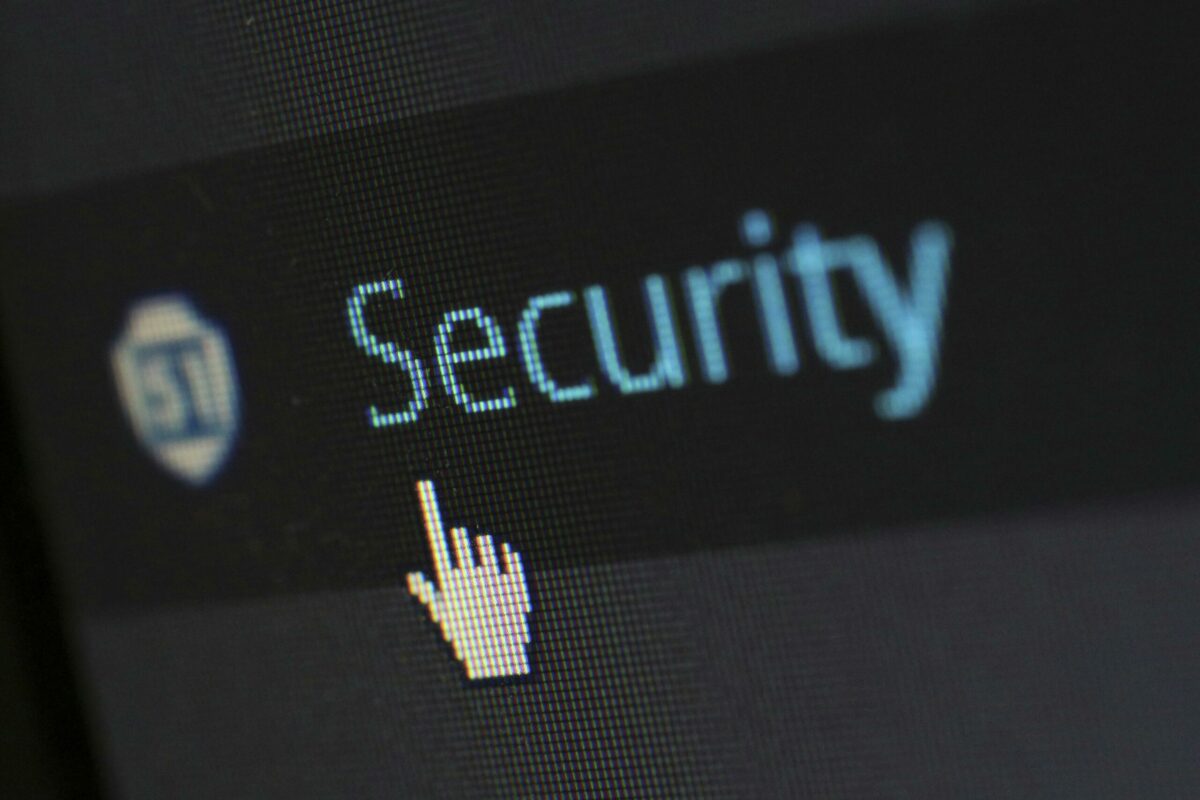
Previously, we’ve gone over steps 1 and 2 of our plan to save Social Security. Paying back the trust fund, which would be used to cover any shortfall in benefits, and scrapping the cap, which would increase the amount of income subject to payroll taxes, are both critical to ensuring the long-term solvency of Social Security.
Now we’re taking a look at the final step: ending the “carried interest tax loophole.”
What is the Carried Interest Tax Loophole?
The carried interest tax loophole allows hedge fund managers and private equity investors to pay a lower tax rate on their income than other Americans. In fact, they often pay a lower tax rate than many middle-class families.
How are they able to do this?
They take advantage of a loophole that allows them to treat their income as capital gains, which are taxed at a lower rate than ordinary income. Since Social Security is funded by payroll taxes, this means that these wealthy Americans are not paying their fair share into the system.
This tax shield costs the Social Security Trust Fund millions, if not billions, of dollars every year.
It’s time to close this loophole and make sure that everyone pays their fair share into Social Security.
How The Seniors Center is Working to Protect Social Security
The Seniors Center is committed to ensuring the long-term solvency of Social Security. We’re fighting to end the carried interest tax loophole and make sure that everyone pays their fair share into the system.
We’re also fighting to scrap the cap on payroll taxes, which would increase the amount of income subject to payroll taxes. This would bring in much-needed revenue to the Social Security Trust Fund and help to ensure the long-term solvency of the program.
Make your voice heard as we call on Congress to pass the Social Security 2100 Act. And be sure to follow The Seniors Center on Twitter and Facebook as we continue to fight for the future of Social Security.



